Welcome & Opening of the Conference
Details

Jacques Borremans
CharIN
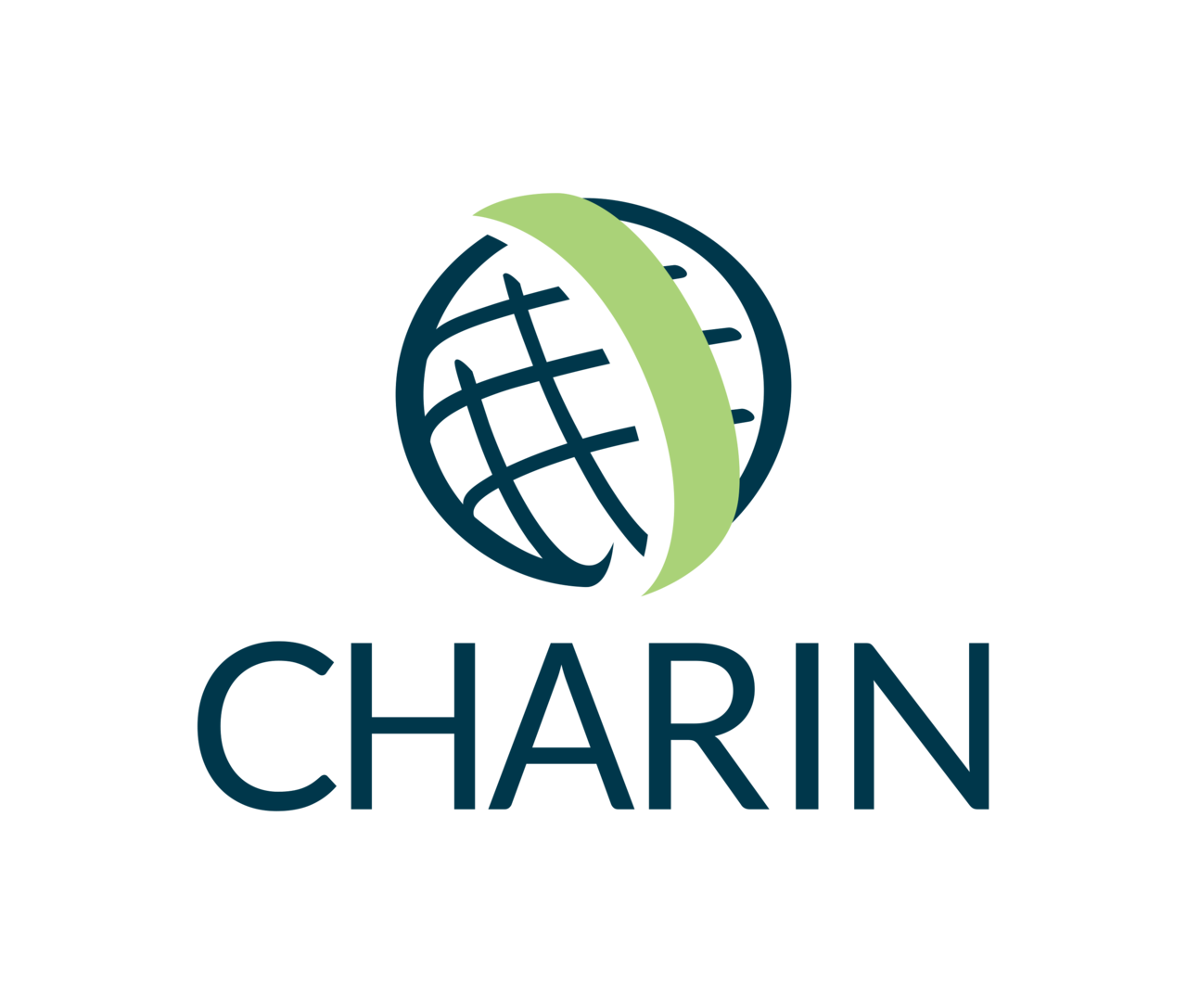
At the hybrid CharIN ASIA Conference at the Korea Electrotechnology Research Institute on October 24th, 2022 we heared from industry leaders on the biggest trends, challenges, and opportunities in the e-mobility industry.
The Conference featured extraordinary keynotes covering the critical topics facing the industry.
Everyone had the opportunity to connect with other CharIN members and hear from industry speakers on how to best tackle the region’s most difficult challenges that arise from building and effectively implementing smart charging.
More than 150 persons registered in addition to the audience on site that followed the conference on a big screen at KERI Headquarters and used this opportunity for networking as well.
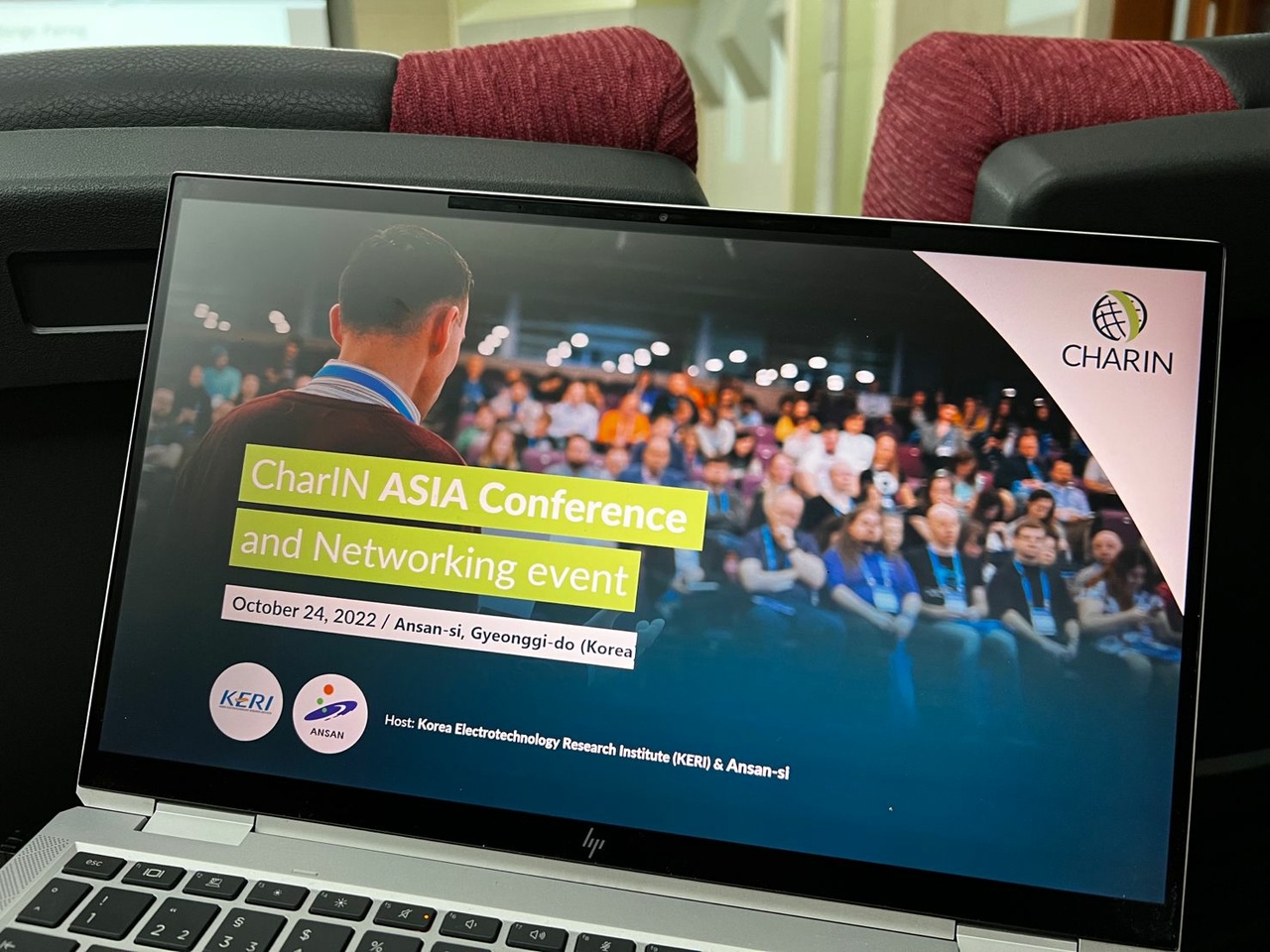

Jacques Borremans
CharIN
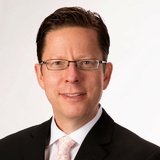
Tim Rose
REMA
CV/Biography

Paul Stith
Black & Veatch
CV/Biography
The AC V2G system and components were developed and verified at KEPCO research institute in October 2021. Individual customers and commercial fleets who bought the IONIQ5 EVs were recruited for the V2G pilot program. EVSEs were deployed at customer’s parking lot from November 2021. Total of 100 V2G capable chargers were deployed all over the country and used every day. The question of battery life change due to V2G operation will be discussed.
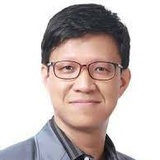
Kijun Park
KEPCO
CV/Biography
The speaker will present the Renault group PnC/V2G charging technology development status, internal and external business applications, as well as provide an update on the standartization status of the technology in Korea.

Kyoungjin Kim
Renault Korea Motors
CV/Biography
Currently, there are no security testing methods that exist for ISO 15118. Jaeson Yoo shares Autocrypt’s security testing framework for EV charging environments to find vulnerabilities in EVCC and SECC components that exist under ISO 15118, along with recommendations on how these threats can be mitigated. Jaeson also highlights other efforts by Autocrypt to establish secure communications between stakeholders for an EV charging ecosystem based on trust and data integrity.

Jaeson Yoo
Autocrypt
CV/Biography
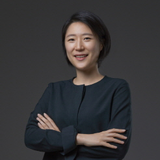
Rayeon Park
Gridwiz
CV/Biography
In this presentation, Prof. Minho Shin will explain the WLAN standard and its security measure, and discuss the challenges in applying WLAN to EV-charging communication with respect to architecture design, security, and open problems.
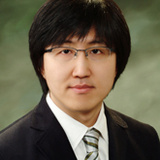
Prof. Minho Shin
Myung Ji University
CV/Biography

Paul Wang
Land Transport Authorities Singapore
CV/Biography
Vertexcom Technologies develops a high-speed power line communication (PLC) chip that complies with the HomePlug® GreenPHY standard and the CCS electric vehicle charging system communication protocol, ISO15118-3. It has been qualified for AEC-Q100 grade 2 test and would meet the most stringent requirements of OEM/ODM.
Vertexcom GreenPHY SoC, MSE1021 and MSEX24-i (line driver) can be used in SECC (Supply Equipment Communication Controller), while MSE1022 and MSEX25-i can be used in EVCC (Electric Vehicle Communication Controller).
Also, Vertexcom has developed the popular debugging and production tool, GreenPHY sniffer MSGPS-3, which would help our customers in their development and production.
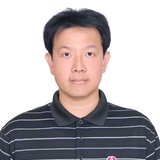
Benjamin Ou
VertexCom
CV/Biography

Robin Berg
We Drive Solar
CV/Biography
Matters at regulatory level are progressing rapidly in Europe when it comes to standardisation and regulatory support for the roll-out of charging infrastructure. Glenn Cezanne, Head of Public Affairs EU will discuss the current regulatory landscape for public and private charging as well as ongoing work regarding, for example, the MCS plug within the context of the EU-US Trade and Technology Council and the ongoing discussions on a PKI for Plug & Charge within the European Commission’s Sustainable Transport Forum.
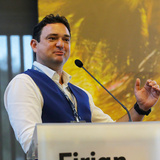
Glenn Cezanne
CharIN, Head of Public Affairs EU
CV/Biography
Damen has already some experience of developing and realizing charging systems for fully electric operating vessels. The solutions are developed dedicated for specific ship types. For the next step in electrification of shipping “charging as a service” have to be available on all locations that the ships are operating. This requires standard charging solution for interoperability. The (Megawatt) charging standards for automotive are a promising basis for such a maritime charging standard. However implementing these standards comes with challenges. The presentation will highlight some of these challenges.
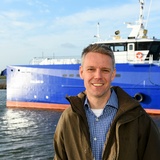
Peter Rampen
DAMEN
CV/Biography
Having trouble accessing the PDF CV/Biographies? Click here.